The ∑± Meetings
Mark Honeychurch - 14th August 2023
I’ve already discussed in my previous articles about the Global Flourishing, or GloFlo/∑±, movement. A few months ago I joined this group, which was claiming to be rationalist and have the answers the world needs to survive. I had my doubts, and was there because of my concerns that the group was looking less like a social movement for positive change, and more like a cult. The group was run by Paul, who had changed his name online to Ui and then again to ∑±78c7e.
Paul had been arranging events to promote his new group through the MeetUp website. These events included an in-person talk, an online version of his talk, and a “game”. Here are the details from his game night:
∑± game 01
Details
This will be the first “fun ∑± game” meetup leading into the first ∑± presentation (here: https://www.meetup.com/reason-and-passion/events/291950062/)
Whether or not you know anything about this ”∑± social movement” thing (talked about e.g., here: https://www.globalflourishing.world), we think you’ll have a lot of fun playing the social game we’ve got in mind for this event! 🙂
… if you’d like to hear more about this first “fun ∑± game”, then we will be giving updates and more details as we get closer here: https://discord.gg/EssEwdfQ2R
Event topics
- Science
- Politics
- Philosophy
- Atheist
- Social Issues
I knew a couple of skeptics who attended the in person meeting, and when I asked for their what the meeting was like, I was told “Man has mid-life crisis of meaning and tries to cobble together a ‘philosophy’” by one, and “There is a kind of cute naivety about all this… lacks the perception of how it looks from the outside… this is probably how cults start” by the other.
I, however, had RSVPd to the online meeting:
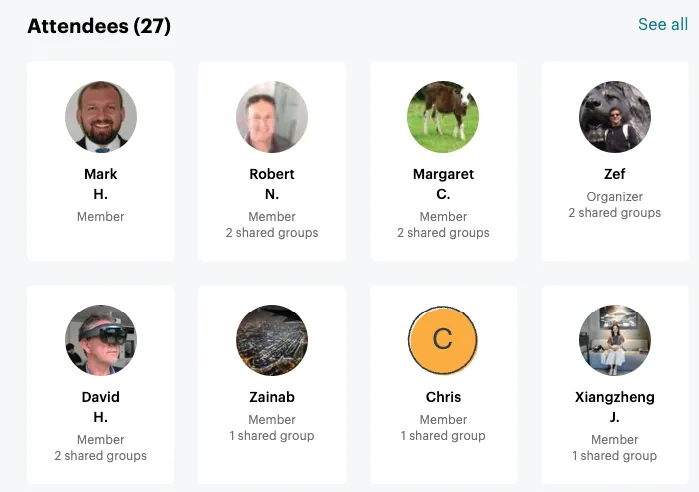
This will be the first meetup following the first ∑± presentations (here: https://www.meetup.com/reason-and-passion/events/291950062/
or here: https://www.meetup.com/reason-and-passion/events/292738857/)
If you came to one of those first meetups and the ideas presented there really resonated with you, and you’d like to find out more, and/or help out with what we’re trying to do, then brilliant! Please come along to this event, and let’s chat! 🙂
The first order of business will be to give everyone an update on all the exciting ∑± plans and initiatives we already have underway, and then we’ll talk, and ideate around what we’all can get onto doing next together.
And before this Online ∑± meeting 01 event:, please don’t forget to:
1: go ahead and read a little bit more about the ∑± social movement here: www.globalflourishing.world, and/or
2: get involved in the discussion on the ∑± message board here: https://discord.com/invite/EssEwdfQ2R
When I joined the meeting at just after 7pm, there was just myself, Paul and one other person in the meeting. This was a little awkward! The last time I’d been to an event like this was when Tim and I had attended an OTO Gnostic Mass, and we were the only two people there - two skeptics, the sole congregants at an esoteric ritual featuring a coffin, people in robes, an altar with a naked priestess sitting on it, and an interesting take on the communion sacraments (more on this next week!).
At nearly 10 minutes past 7, another three people joined. Two of them appeared to be good friends of Paul’s that he’d just messaged, asking them to join and help pad out the event. The third I knew as a skeptic who occasionally joins our Skeptics in Cyberspace meetings, and I was confident she would be just as critical of this talk as I would be - so I wasn’t feeling too concerned about the fact that she had joined this meeting, it seemed unlikely she would be sucked in.
When the meeting started, Paul guided us through what his new movement is, and how it’s going to make a difference to the world. He started by explaining that, in essence, it’s a social enterprise for maximising global flourishing and minimising global suffering.
After this brief intro, he said he was going to break the talk down into three chapters - “Out into the galaxy…”, “or, over The Precipice”, and “Focus for the ∑± movement”:
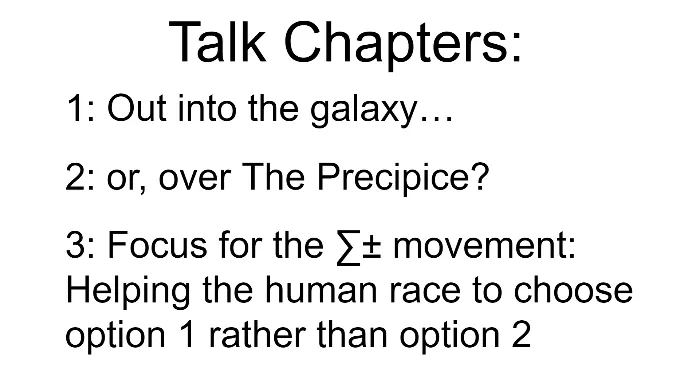
Chapter 1
In chapter 1, Paul talked briefly about how we “have a freaking amazing future ahead of us”, mentioning Elon Musk’s SpaceX rockets, recent advances in AI Large Language Models like GPT, and more. He mentioned our population increase, and the Kardashev scale -a way of measuring technological progress that imagines how technology and civilisations will evolve based on energy consumption, all the way up to a type III civilisation, able to consume the energy from an entire galaxy. And he talked about how some species can last up to 10 million years, so if we last for another million years, our current population is only 0.08% of everyone who will live.
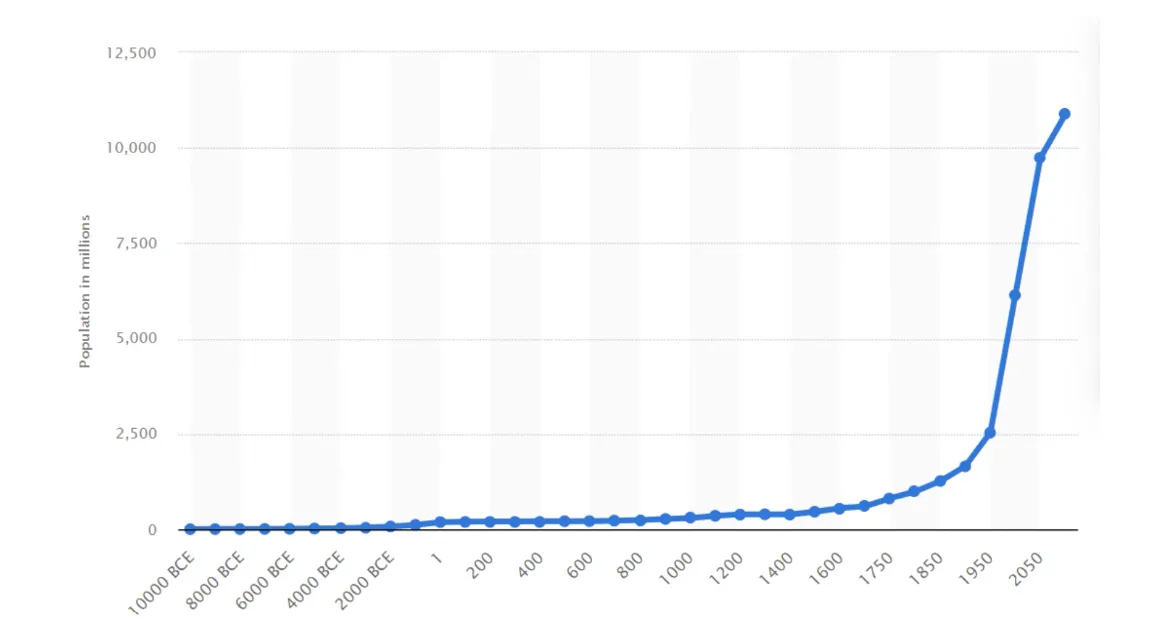
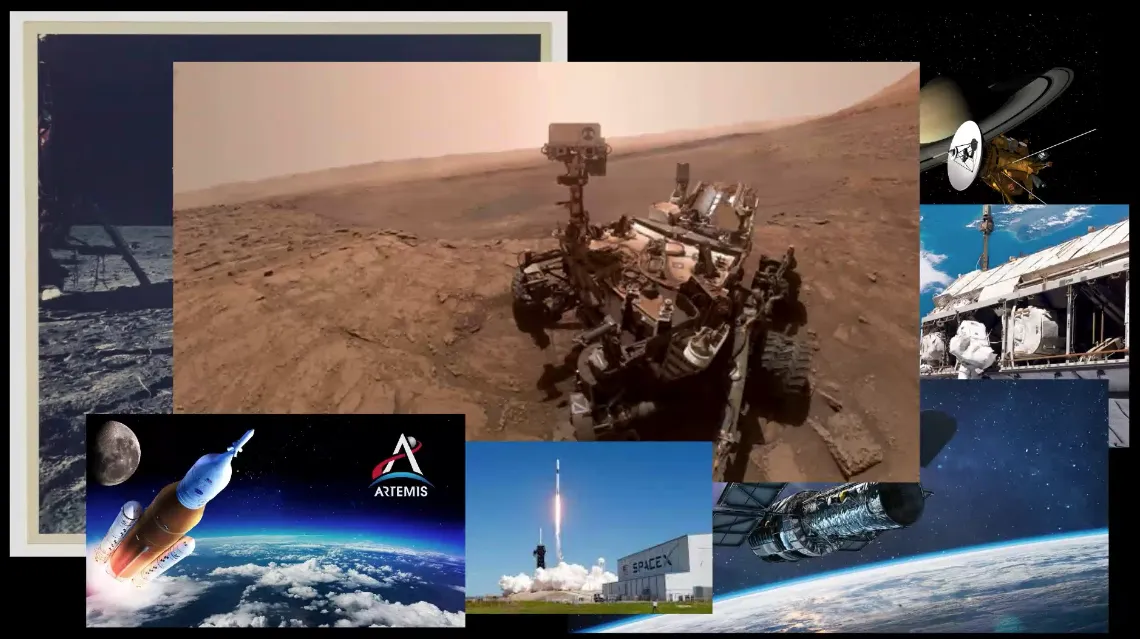
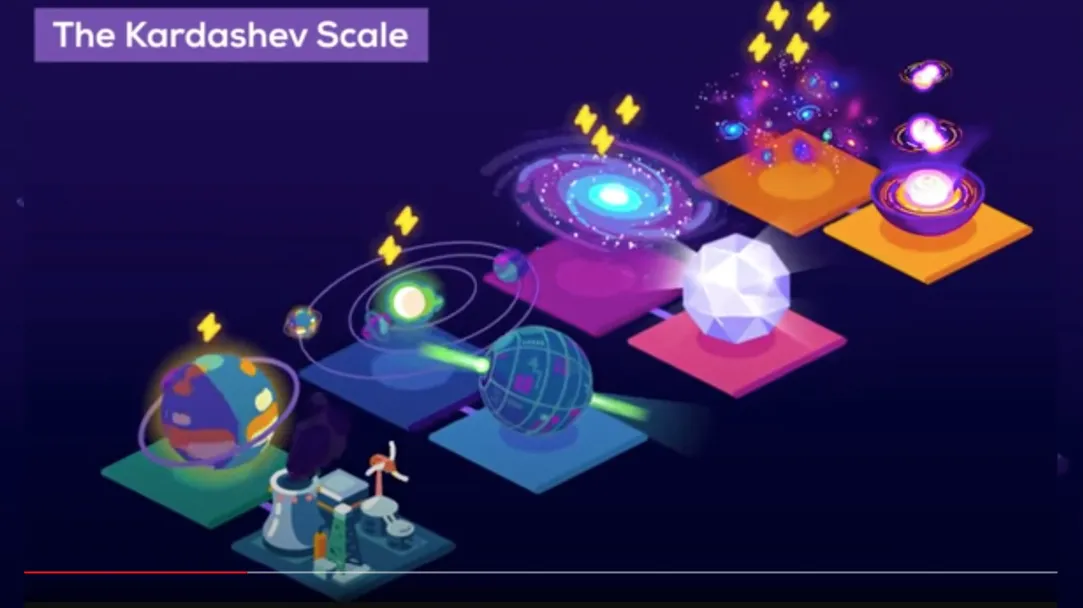
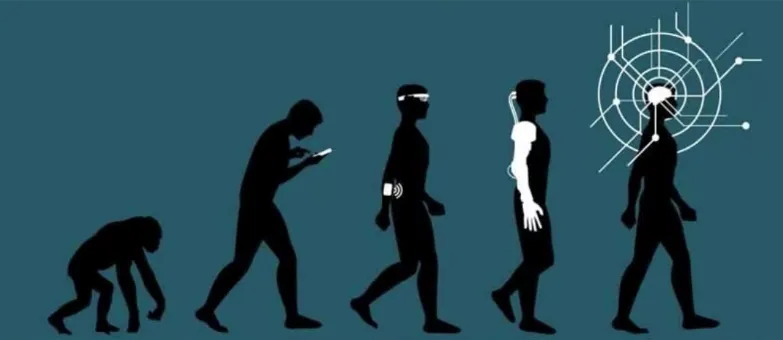
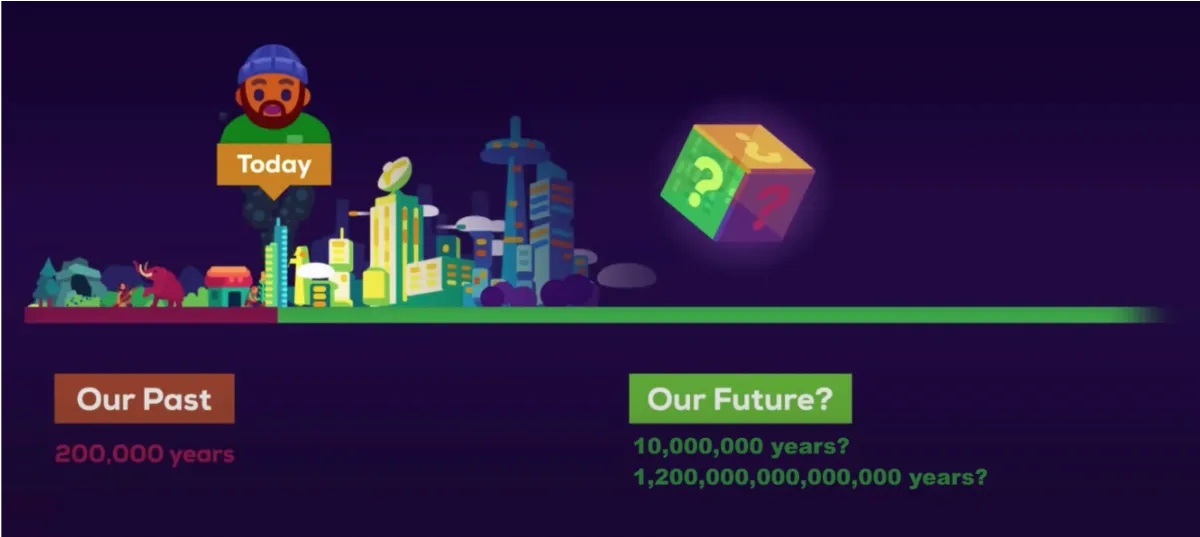
Chapter 2
The flip side to our potential amazing future, according to Paul, is that “unfortunately we also stand on the edge of a cliff”. He talked about the dangers humanity faces, including war and other man-made threats. He seems to have taken most of this part of the talk from a book he references, “The Precipice”, from which he showed us a table of existential risks:
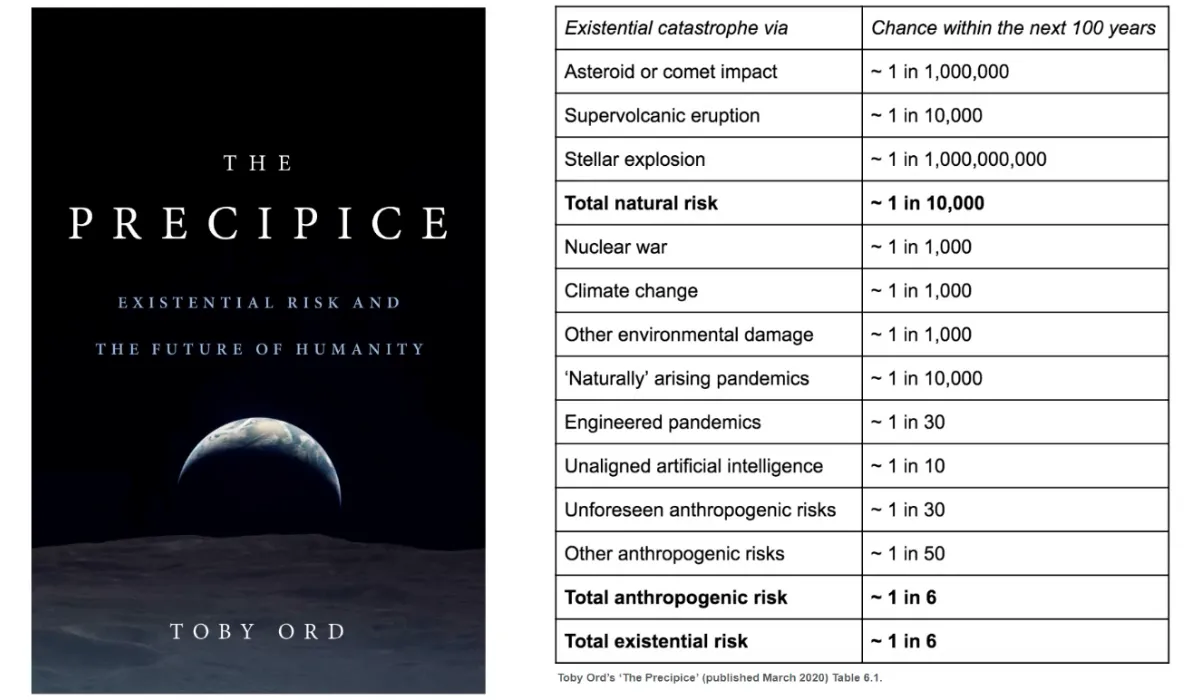
Paul talked about how World War One (back then commonly known as the Great War) was “the war to end all wars”, but that only 20 years later we had World War Two. He mentioned how unstable the world has felt, and how events such as watching the movie “The Day After” and seeing the fall of the Berlin Wall on TV and the end of the Cold War had left a deep impression on him.

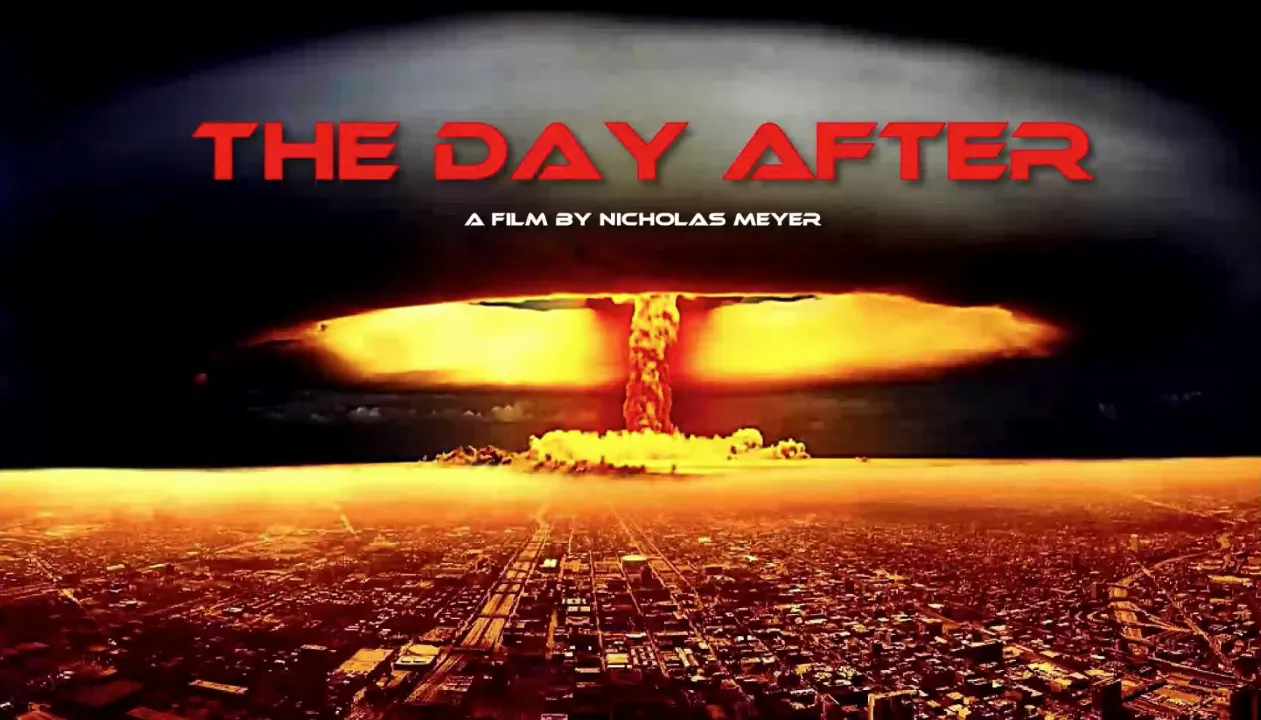

Paul talked about how he was pessimistic in 2022, as the world seemed to be at risk of collapsing, with people in charge who can’t be trusted to make good decisions:
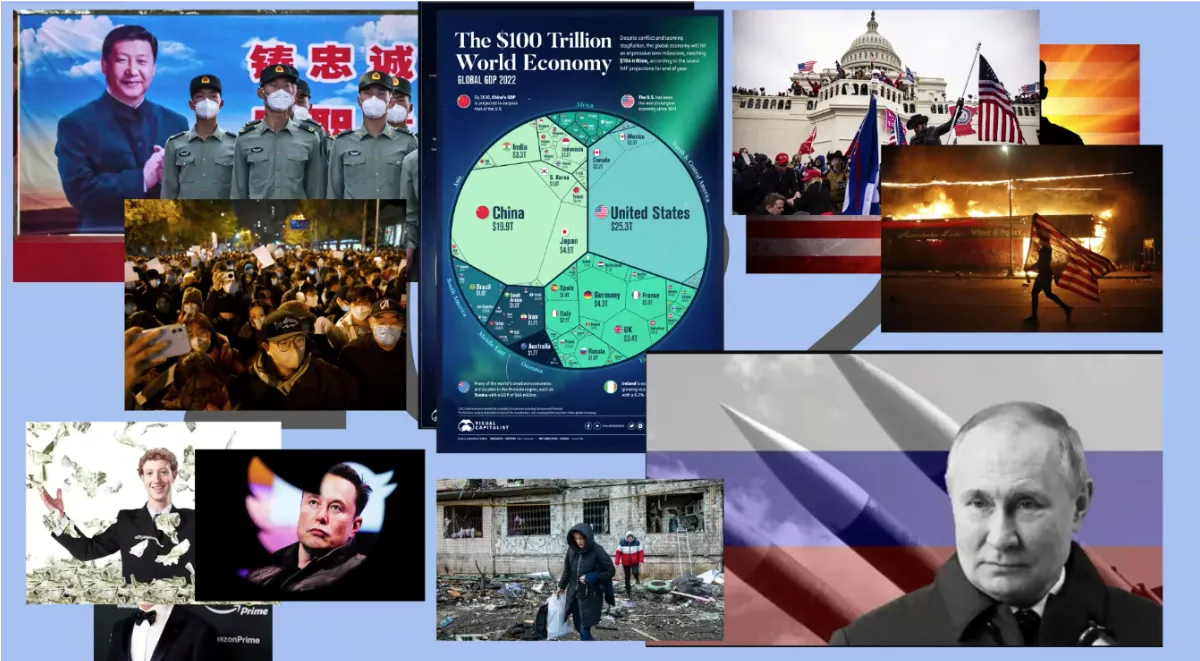
And then, Paul said, he saw “a way out”, a way to rescue the human race and guide them towards a bright utopian future rather a bleak dystopia.

Chapter 3
In 2022 Paul discovered “Unstoppable Us” by Yuval Noah Harari, a children’s book about “How Humans took over the World”. The book apparently describes how we can change the world, and can change our brains to adapt. Telling stories is the superpower us sapiens have that allows us to change the world, and make companies, space stations, etc.
Paul said that he had asked a question on Facebook before he read Harari’s kid’s book:
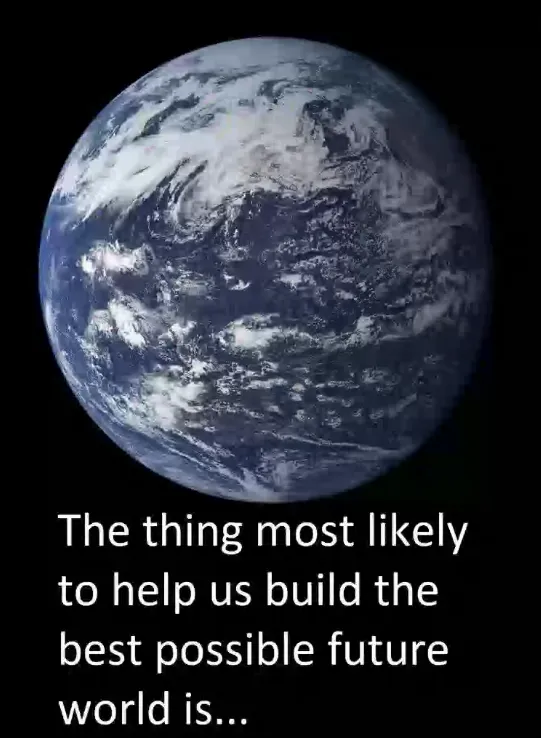
After reading the book, he had figured out the answer, and apparently it’s as simple as harnessing the power of social media:
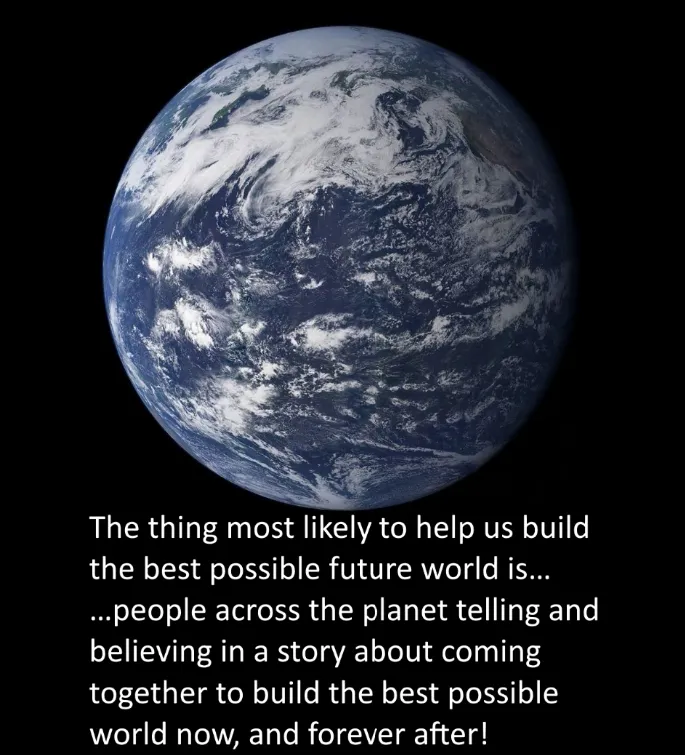
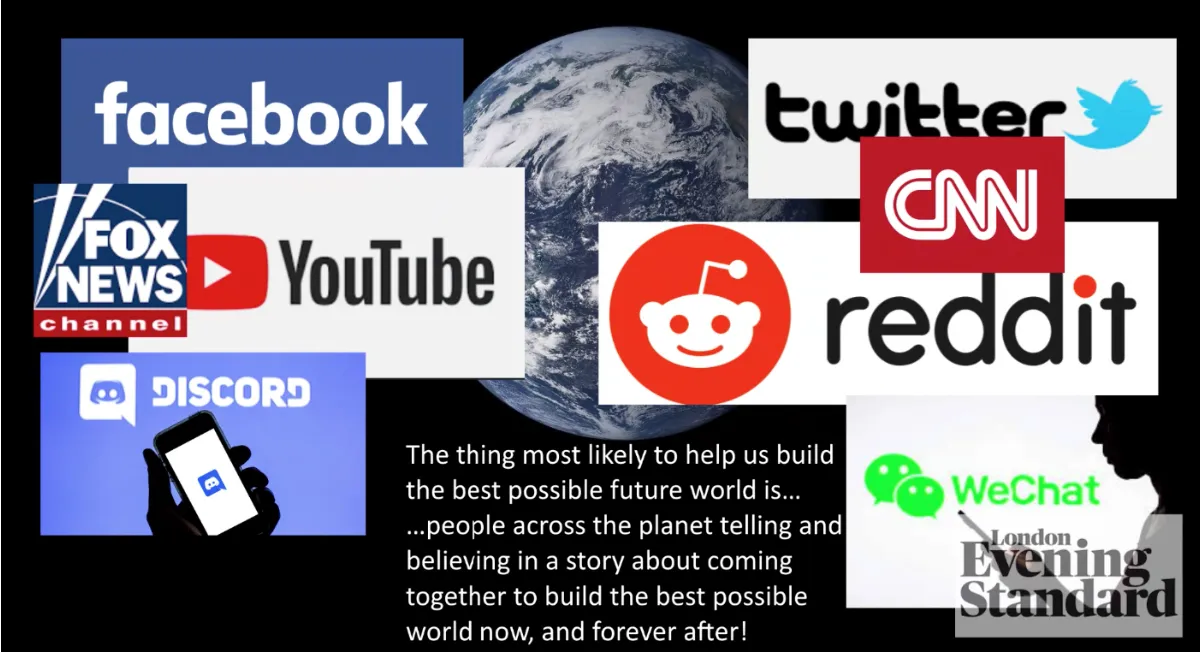
We can team up and use our sapien super super channels to change the world more than historical characters did. We were told that people like Joe Rogan, Sam Harris and Mr Beast have millions of subscribers on YouTube, Spotify, and that they are the super sapien power storytellers of the present. Like them, Paul posits, we need to tell good stories, but ones that are rational and intelligent.
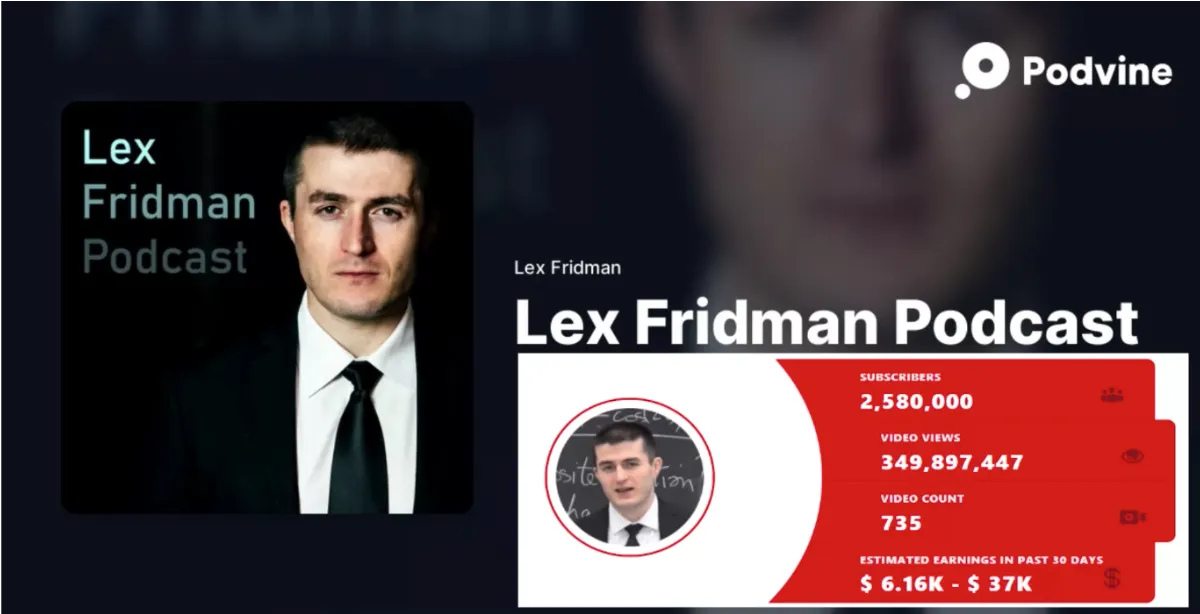
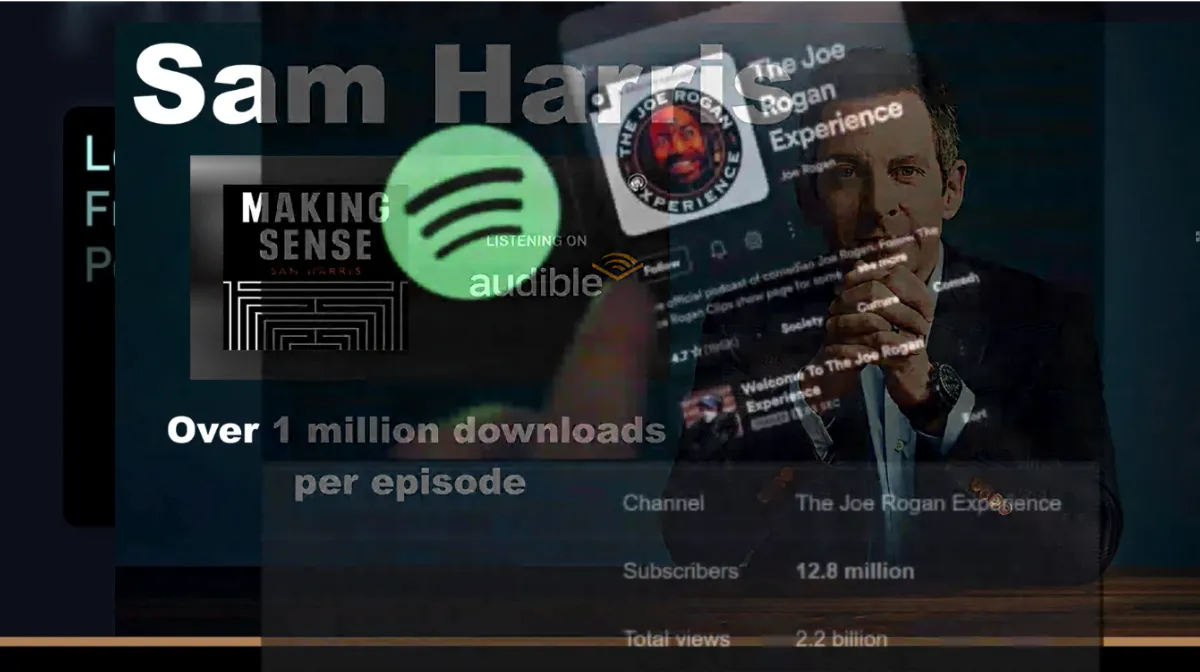
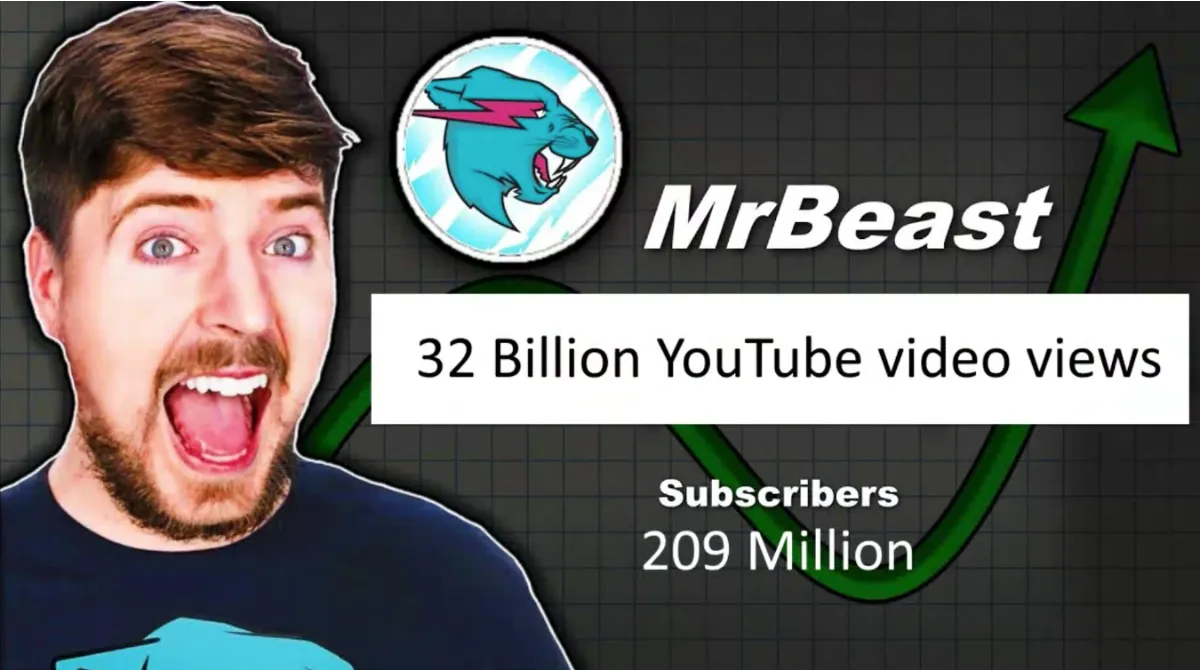
So, in essence, Paul’s idea is that we’re either going to crash and burn or reach the stars, and that his aim is in “nudging humanity into the right direction”. He said that one question he’d been asked repeatedly is what story should be told:
“Ok, but what specific kinds of stories should we be telling?, and how?… and how would telling the right super-power story, save us from, or launch us into, anything??”
At this point, Paul launched into a description of his tent in the wilderness idea, which I’ve already described in previous articles. And he told us to join his Discord channel, like I had already done, to learn more.
He then summarised that the overall idea of his new Global Flourishing movement is to entice people into his metaphorical tent by using super sapien storytelling, and then get them to use evidence-based reasoning to get past the red banners and sign off on his central tent poles. Once this is done, Paul reckons that his movement will gather momentum like a snowball, and that people will come together to expand and refine on his ideas.
Paul said that his 2023 New Year’s resolution was to do as much as he could for the rest of his life to build the best possible future world. He predicted that life will be tough in 2023 if you live in Russia, China or Europe. He thinks that these countries are likely to collapse in the near future. He then wondered if maybe a story from New Zealand about building the best possible future world could change this, and save people.
He then followed with what I consider to be the most arrogant, fanciful slide of the entire evening, where he basically told people that if they join his new movement, they will be seen as a hero by trillions of people over the coming generations. The slide simply said…
“Come join us. Help us spread the ∑± story. Help us build the best possible future world… Be remembered as a hero by the trillions who we will help preserve and better this world for!”
In the Q&A that followed, nobody had any questions, so Paul threatened to start nominating people - and then immediately started doing this, putting people on the spot in a cringeworthy, uncomfortable way. Finally, after a few attendees had been challenged and made to feel awkward, one of Paul’s friends, Mako, asked a question about how we could possibly measure a better future - and as part of his “question” he suggested that the movement could use his “Value Aggregation” metric, which is apparently a system he’s been working on for a while.
Paul answered by saying that the centre of the tent is based on a consequentialist, long-termist view - one that is utilitarian and deontological. But he said that it’s not helpful to go down this path of questioning, and that we should just be fixing the problems that are obviously bad, like the war in Ukraine.
Paul then started naming people again, asking for questions - including me. He asked if I had been convinced by everything I had heard. I said I wasn’t, but that the talk was at least informative.
Sherry asked about how this new movement came about, and Mako answered by saying that he had been working with Paul for a while on this project. He then said that he doesn’t really want to talk about it, as every attempt to make utilitarianism work fails - that talking about it jinxes it. He summarised his point by saying that we should just “do good”.
Sherry reiterated her question, saying that she wants to know why things are seen as so urgent that he’s starting a movement now. Paul’s answer was very telling. He started by saying that 2022 was a rough year for him and his family. He then went on to explain that his philosophy in life is based around four desires, in order:
-
Looking after his family. He said that he’d jump on a grenade for them.
-
Being the person he wants to be - fit, young, and looking after his family.
-
Having a laugh.
-
Wanting to try to help build the best possible future world.
He said he doesn’t care about being rich or famous, and that now he knows his family are okay, he’s the person he wants to be, and he’s having a laugh, he can focus on the last item in his list.
At this, the meeting came to an end, with Paul promising more exciting future events.
So Paul’s big idea is that he can use storytelling to reach millions of people with his message of rationality. But in my estimation he’s missing a couple of key points.
Firstly, for every YouTube celebrity, there are tens of thousands of failed attempts - both those who just weren’t good enough, and people with the same passion and ability as the winners, but who just didn’t end up being in the right place at the right time to gain the following they needed to succeed. You can’t just choose to be YouTube famous, as hard work alone isn’t enough to guarantee your success - there’s an element of luck as well.
Secondly, these people who have millions of followers on YouTube have done so because their content is relevant or entertaining to people - Mr Beast, who started with Minecraft videos, has progressed to performing major stunts on TV, spending lots of money to keep his viewership high. These video topics are a part of why these people are famous - it’s not just their storytelling ability, they’re also happy to adjust their video topics to match the whims of their viewers. So if your story is one that’s boring to many people, or that will actively be rejected by them - like rationality and atheism - you’re not going to end up with millions of followers.
Soon after the meeting, I received a message from someone called “Zef”:
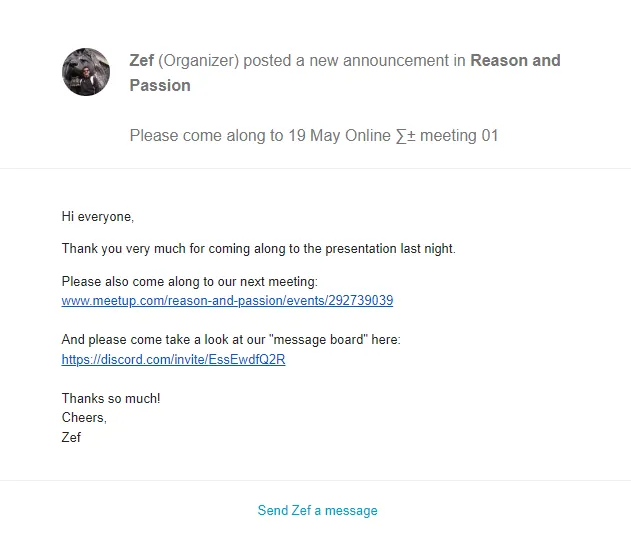
It turns out that this was Paul, and that he had changed his name yet again! On Facebook, his full name is “Zef Machina”. I have no idea what Zef means, but I’m sure there’s some strange explanation why he’s chosen to change his name once again. To me this just reinforces the red flags that I’ve been seeing since last year.
Since this meeting, there have been no other events online, none in person from what I can gather, and the Discord channel has been eerily silent. Maybe this is the calm before the storm, and that we’ll see Paul flare up again and try to re-energise his movement. Or maybe I witnessed the birth and death of a culty group, all within the space of a couple of months. I guess only time will tell. In the meantime, my recommendation would be to steer clear of this group, and of any group that tries to tell you it has all the answers.
There’s a temptation to accept simple answers, especially when those answers accord with our pre-existing beliefs. And in this case, with the group using the buzzwords of skepticism and rationalism, I can see how some people might become enthralled by its promises. But I can’t see anything good coming out of this group - it seems likely it will involve a lot of talking, but not much, if any, action to actually try to make a real change.
The NZ Skeptics, Humanist NZ, the NZ Association of Rationalists and Humanists, the Society for Science Based Healthcare, the Effective Altruists, and other groups who work to improve our society do so through constant effort, trying to influence small changes in the right direction by educating people about critical thinking, warning the public of scams and cults, suggesting changes to upcoming legislation and other actions. These are all small changes, but through them we hope to make New Zealand a little more rational, and less gullible.
The idea that you can skip all of this hard work and make not just New Zealand, but the entire world, a better place, simply by magicking an audience of millions on YouTube through “storytelling”, seems to me to be a bit of a fairy-tale.